 Mindfulness can be defined as the clear and calm energy of an intelligent alertness, spacious and awakening. The good news is it’s present all the time. It’s inherent in our human inheritance. We need only to remember this. Here are five simple everyday reminders for mindful living to try for yourself.
Mindfulness can be defined as the clear and calm energy of an intelligent alertness, spacious and awakening. The good news is it’s present all the time. It’s inherent in our human inheritance. We need only to remember this. Here are five simple everyday reminders for mindful living to try for yourself.
[You don’t need to take them on all at once. As you learn to incorporate each into your daily life, gradually, any one can be a model for all the others.]
1) BREATHE, YOU ARE ALIVE!—Conscious Breathing
Vietnamese Zen Master Thich Nhat Hanh, the grandfather of modern mindfulness, gives us this brief reminder to remember: “Conscious breathing is my anchor.” This thought stops me in my tracks. With breath now as basis of my awareness, I have returned to the present moment. Even when my mind might wander elsewhere, I can feel my breath in my body is in the present moment, my underwater anchor supporting my awakening mindfulness.
Allowing body, mind, and breath (spirit) to find each other helps me live fully. Paying attention to What Is, as it manifests right in front of my nose, lets me see things as they are, rather than through colored lenses of fantasy and personal cravings, invisible filters of cultural conditioning, and frames of ideology.
Conscious breathing doesn’t require taking a full breath, or any particular kind of breath at all. Rather, just being mindful of breath can amplify concentration which can, in turn, awaken full awareness. This can even lead to the cool, lucid plateau of meta-awareness: awareness of awareness.
See for yourself. Enjoy just three conscious breaths—right now!—and feel yourself solidly grounded in moment-to-moment awareness.
2) PAUSE—Intentional Conduct
To enjoy just one conscious breath means to pause. Pausing opens up a vital space. Between stimulus and unconscious reaction, I have space to discern how I might best wisely respond to what’s at hand. What can I do, right now, that could be harmful, and what might be beneficial? This too is spiritual practice, making evident my values via concrete action.
Throughout the day, I remember to pause, return to my breath, and check intention. A wonderful reminder is to smile. Aware of your breathing, notice what happens if you also give yourself the gift of a smile. Just a faint smile can help me realize I have enough reasons to be happy in the present moment. Earth beneath me, blue sky above, air in my nostrils—life itself! My smile also arouses my sense of taking responsibility, truly being author of my life, to live the life I was meant to live.
Plus, a smile can be contagious. Here is a fulcrum, so to speak, that can facilitate deep transformation. That is, to my intentionality I add relationality. It’s my intention for myself—and for others. I know my well-being is intertwined with the well-being of everyone else. We’re all in this together.
The Dalai Lama sometimes refers to his “selfish altruism.” That’s an honest way to view relationality. Who wants to live in a world where everyone’s depressed, burnt out, and close the edge!? I recognize I am not free unless everyone else is too.
To check how I’m doing, I use my life as the clear mirror of my practice. For instance, I look in the rear-view mirror of my actions. (I consider actions, by the way, as including thoughts and words, as well as deeds.)
As the East Bay Meditation Center reminds us all, there can be a difference between intention and impact. If my actions have good intentions but are triggering destructive emotions in others, it’s a good cause for engaging in self-examination as to what I still need to work through.
3) DEEP LISTENING—Awakening the Mind of Love
Now you know the three primary reminders I engage with in my everyday life: breathing, smiling, pausing. From that base, I am glad to offer three more.
Living in an Information Age, I feel like I’m being asked to get a glass of water off an open fire hydrant. It’s this way with stimuli in general—too much. Instead, I listen to what’s really important. I hear what’s not being said, as well as what is. This way, I can connect with info more deeply.
How does this work? I listen without my interrupting what’s going on. I’m simply present, without agenda or labels.
I train this skillful listening by being aware of each breath—arising, manifesting, and falling away. My body has been breathing all my life. Now I’m learning to be intimate with it. This awareness then becomes the model for my listening to my emotions and thoughts, as they too arise, take form, and fade away into other phenomena. I pay attention to whatever’s coming up within me, openly, with a nonjudgmental, gentle curiosity.
Just this morning, I had to stop my meditation midway. Difficult emotions and thoughts were arising, and I wanted to quit. Then I remembered not to look away. After all, the only way out is in. After setting my intention to give myself enough self-care to make it through, I returned to my meditation, and listened until I soon heard the key to where I need to go next with some of the current sensitive, vulnerable, juicy, meaty stuff in my life story. [To Be Continued.]
With the clarity of mindfulness, our heart opens to the realization we all want the same thing: an end of suffering and a life of happiness. When we liberate ourselves from our prison, the prison of the illusion of our separateness (“the skin-encapsulated ego,” as Alan Watts says), the eye in our heart can open: the eye of true love. Then we can see and hear ourselves and life around us as it is—a miracle.
4) SLOWLY, SLOWLY, STEP BY STEP—Walking Meditation
Sitting still may be the most commonly known posture of meditation in the world. You can see it in ancient South Asian statues and Mayan, alike. Yet the body has four basic postures: laying, sitting, standing, and walking. Being aware of our body, whatever position it’s in, is an everyday meditation anyone can practice.
Walking meditation is simply meditation walking. Try it—walking from a car to a door, or walking down a street. Notice your body and its posture. Is it relaxed, yet alert? Can you notice your breathing?
As you walk, notice how many steps for an in-breath; how many for an out-breath. Maintaining awareness of present-moment breathing, I’m no longer marching, marching off into a fictive future, to attain some abstract purpose. Instead, I’m permeable to what is. As it is. Within me, and all around. With each step, I’m arriving in the present moment—the only moment ever available for me to live.
Rather than trying to get anywhere—I’m almost aimlessly experiencing the miracle of walking. Zen ancestor Rinzai tells us the miracle isn’t to walk on water, nor to walk on coals. The real miracle is to walk on this green earth.
As with sitting, formal walking meditation can take a good 20 minutes before you can feel it digging a well of peace for you to draw from throughout your day. Such formal meditation might be just walking slowly for twenty minutes, as slow as synchronizing your left step to you inhalation, and your right step to your exhalation. Remembering to smile. Being aware of what it’s like to be stepping into the unknown, with eyes born for wonder.
5) SLOW FOOD IS SOUL FOOD—Mindful Meals
I practice sitting still in the morning and evening, and walking meditation before lunch or dinner. Plus, there’s a meditation you can practice three times a day: mindful meals. When I teach this, I begin with Raisin Meditation: experiencing the whole universe in a single raisin. And mindfulness meditation is as light and common as a raisin.
Anyhoo—you might try out these five basic steps the next time you’re alone at the table for a meal.
First, pause. Look. Smell. Take it in.
As you feel your gratitude arise at the generosity this meal represents, take a moment to express it. Even if it’s just “Thanks!” or “Grace!,” “L’chaim!” or “Bismillah!”—everyone knows how to do this. (And the food knows too, and will respond by tasting better when you give thanks for it.)
Second, as you bring it to your lips, pause to regard each bite.
Third, as you chew, please consider how this is a messenger of the whole cosmos. In any slice of food is present the gift of earth, rain, air, sun, and many hands. Awaken to the marvels of the interconnectedness of all things—interbeing—enabling this meal.
Fourth, remember to put down the fork. (Don’t reach for the next mouthful while still chewing the present one.)
Fifth, from time to time, pause between bites. Be mindful of how your body knows how to perfectly extract the nutrients from food . . . exchanging enzymes and aminos . . . adding to and supporting your life and your practice of the way of awareness. (Will somebody please say, “Amen!”?)
So, whether you’re a newbie, or wish to take a deeper dive, I hope any or all of these simple practices will water your roots and extend your wingspan.
Enjoy the journey!

Gary Gach has hosted Zen Mindfulness Fellowship weekly in San Francisco since 2009. He’s author of
The Complete Idiot’s Guide to Buddhism and editor of
What Book!? — Buddha Poems from Beat to Hiphop. His most recent book is
PAUSE, BREATHE, SMILE: Awakening Mindfulness When Meditation Is Not Enough. This brings mindfulness full-circle, back to its roots as a spiritual as well as secular path for complete awakening. It’s available both in paperback and as an audio book.
His work has also appeared in over 150 periodicals, including the
Christian Science Monitor,
Harvard Divinity Bulletin, the
Huffington Post,
In These Times,
The Nation,
The New Yorker, and
Yoga Journal, as well as a couple dozen anthologies, including
Language for a New Century, and
Technicians of the Sacred. More info:
GaryGach.com.
Copyright © 2019 by Gary Gach. The author wishes to acknowledge Nick Aster for publishing a schematic draft of this listicle in
GatherLAB.
Buy your copy of PAUSE, BREATHE, SMILE at your favorite bookseller!


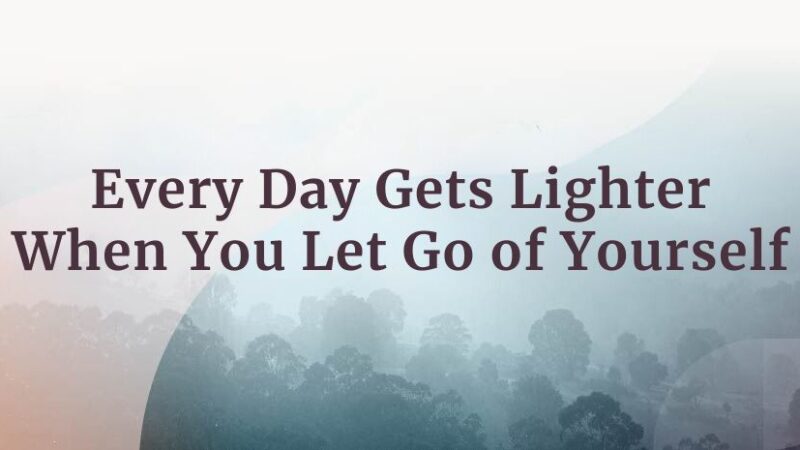
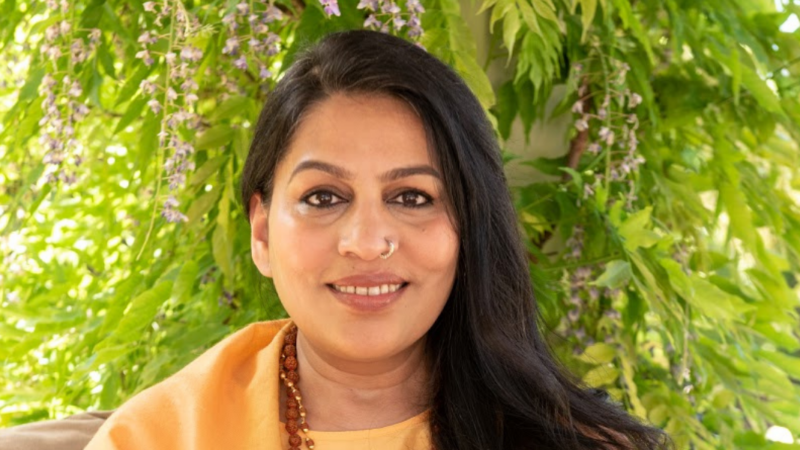
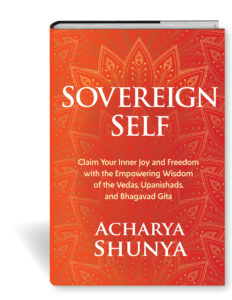 The Book
The Book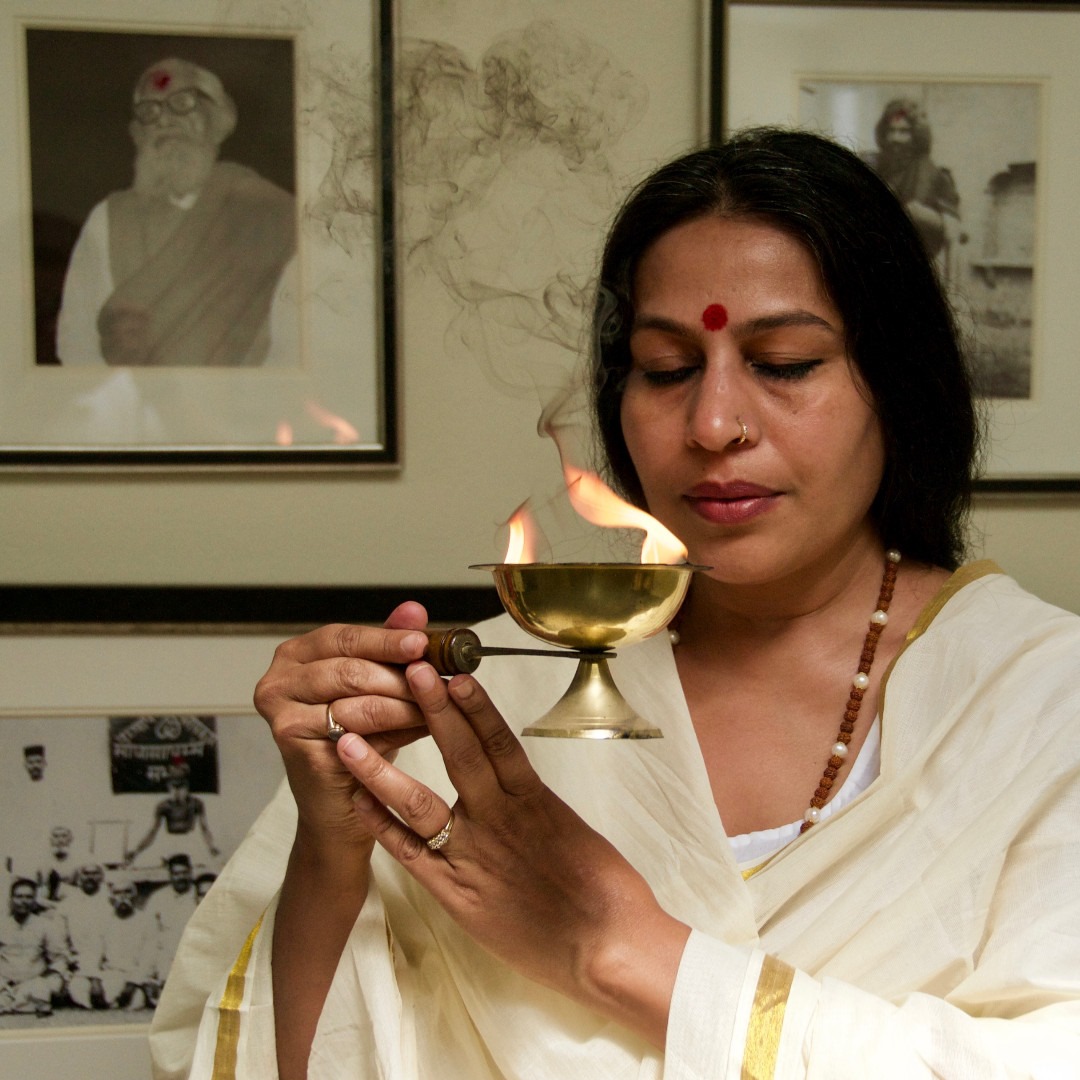

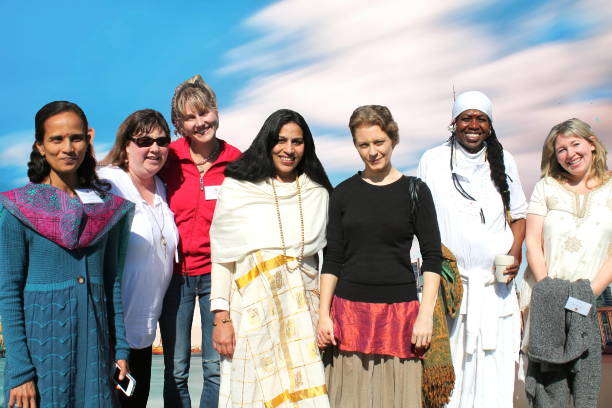
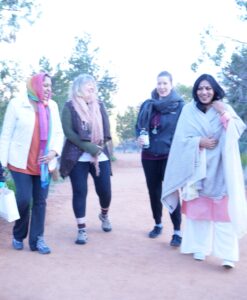

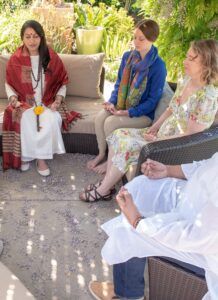

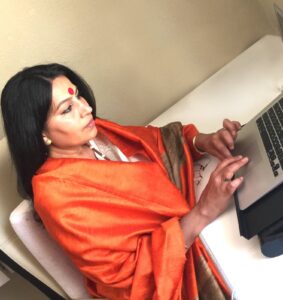

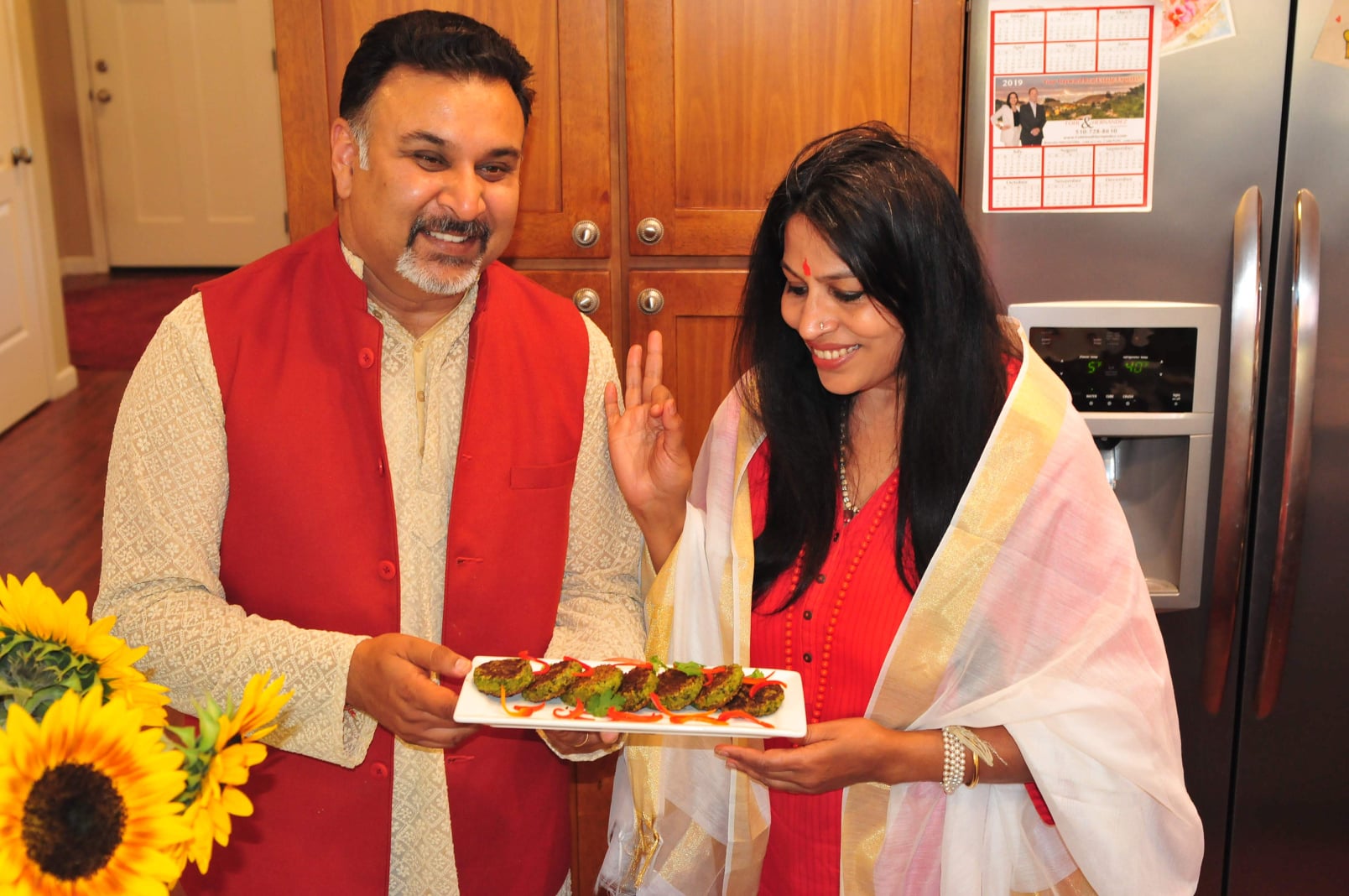



 Mindfulness can be defined as the clear and calm energy of an intelligent alertness, spacious and awakening. The good news is it’s present all the time. It’s inherent in our human inheritance. We need only to remember this. Here are five simple everyday reminders for mindful living to try for yourself.
Mindfulness can be defined as the clear and calm energy of an intelligent alertness, spacious and awakening. The good news is it’s present all the time. It’s inherent in our human inheritance. We need only to remember this. Here are five simple everyday reminders for mindful living to try for yourself. Gary Gach has hosted Zen Mindfulness Fellowship weekly in San Francisco since 2009. He’s author of
Gary Gach has hosted Zen Mindfulness Fellowship weekly in San Francisco since 2009. He’s author of



